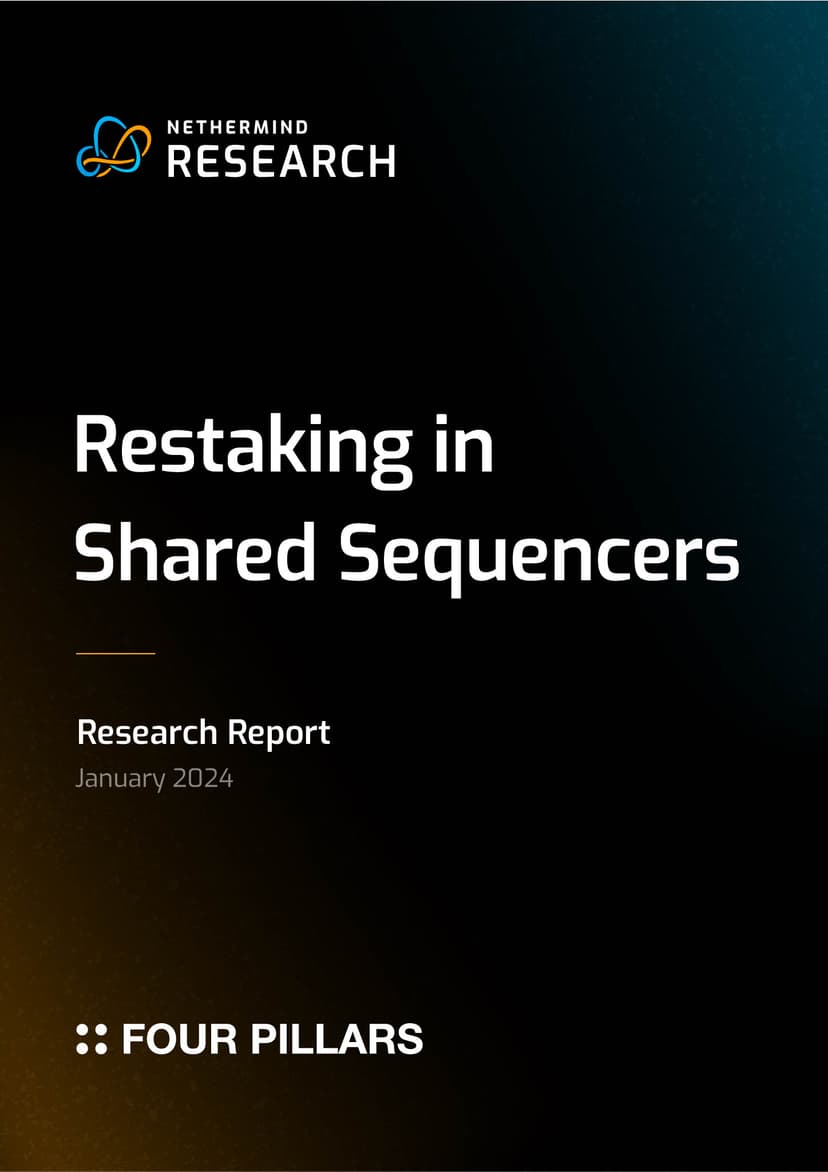
This research article presents a comprehensive framework for quantifying security requirements and exploring restaking implementations in shared sequencers. The framework serves as a valuable resource for ETH stakers, operators, and Actively Validated Services (AVS) seeking to optimize risk-adjusted returns and bootstrap security through restaking.
Shared sequencers are pivotal in ensuring rollup decentralization and facilitating cross- chain MEV extraction. The study begins by analyzing the technical differences among three prominent sequencers: Espresso, Astria, and Aztec Fernet.
Subsequently, the report underscores the significance of estimating the cost and profit associated with validator corruption. These are contingent upon the potential types of attacks that a shared sequencer may encounter. Specifically, the consensus mechanism employed by the shared sequencer plays a crucial role in determining the nature and consequences of attacks and, subsequently, the cost and profit of corruption.
Dive into 'Narratives' that will be important in the next year